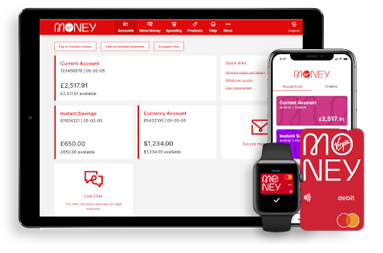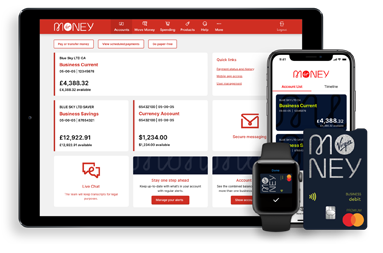How to make the best use of contractors
< back to all business news articles
21/09/2017
There are two main reasons why you’d contract people to work for you, rather than having employees. First you may have a new project that is a fixed term. The work may cease, and then you’re stuck trying to keep your new employees busy. If you’d hired a contractor, you could just end their contract. Second you may have a project that involves specialised knowledge that your current staff don't have. You don't need a full-time employee for every role; contractors can be hired to do a particular job within a specific time frame. Short term it’s usually more expensive to pay a contractor, but long term possibly less costly than bringing another full-time staff member on board.

If you do decide to hire a contractor, you want to be sure you're getting the best value for money.
Hiring contractors – what to get right
The first thing to get right is having specific goals and objectives for the project so that when you're talking to potential contractors, you can explain exactly what you need them to do. If you’re paying higher than average hourly rates for the expertise, you don’t want them spending the first week trying to work out what they need to do.
It's important to:
- Check their references just like you would for any employee, to make sure they are who they say they are, and can do what you need them to do.
- Conduct a proper interview using the same format that you would use for any employee and make sure all the proper boxes are ticked: skills, experience, attitude and ability.
- Integrate them into your team and have them accountable to a specific person (which could be you).
- Have a contract in place and make there is a non-disclosure agreement, service level agreement or anything else that’s important to your business. You don’t want them finishing the task for you, and then doing the same for the competition.
Getting the most for your money
Contractors are often more focused and willing to work longer hours than your employees (as they get paid more). You might find they're less likely to become involved with the rest of your team, concentrating solely on the project at hand. Understanding the differences between your contractors and your employees is key to getting the best out of them. Keep these key points in mind:
- Be available for feedback and clarification. Ask your contractor how they prefer to be communicated with. You might have an email or chat system already set up for your employees, and they might like to be included in it. If they don't, decide between you how you'll stay in touch.
- Conduct regular performance meetings. Set up scheduled touch points or plan for agile reviews to talk about any concerns so they can be dealt with before they become problems.
- Keep a project diary so you can jot down progress, ideas, concerns and anything you want to ask. It's also a clear record of who said what and when.
- Be proactive about checking the contractor's work. A good time is at the end of each day using your diary to make notes.
- Make it enjoyable to work for you. You've got a better chance of getting quality work out of a contractor if they find you and your business pleasant to be around. Include them in staff social events, make sure they have use of the business facilities, and compliment their work.
How to make contractors costs effective
Contractors often quote a set hourly rate, or a project rate. You'll probably have agreed on the price before they start, but in order to make sure you’re getting value you should:
- Watch out for ‘scope creep’, where the contractor quotes a low price to get the work, then expands the work or takes longer than you thought.
- Eliminate any unforeseen blowouts such as allowances, materials and product selections by making sure the contractor has limited ability to buy on your behalf.
- Pay in installments each time a specific task within the project has been completed to your satisfaction.
- When it becomes clear that you'll need them for a longer period, sit down with them and renegotiate the terms of their contract as soon as possible. Ideally re-negotiate a lower rate, as usually the longer the term, the better value it should be. You’d expect to pay more for a person for a day, than if you contracted them for a year.
Summary
Getting the most out of contractors is down to making smart decisions when you hire them (reference and reputation checking), making sure you have a clear description of what you want them to do, and clearly worked out contract agreements.
Once they’re on the job, it’s essential to stay in touch with them regularly. You want to keep a close eye on progress and the quality of the work, while they need to know you’re always available to discuss any concerns with. Treat them as you would any employee, doing your best to make sure they enjoy working for your business and they get on well with the rest of your team.
Additional resources
POSTED IN: 2017,Day to Day Banking,Startup
SHARE
Related Articles
You can find impartial information and guidance on money matters on the “MoneyHelper” website.
Clydesdale Bank is covered by the Financial Services Compensation Scheme (FSCS), Find out more.


